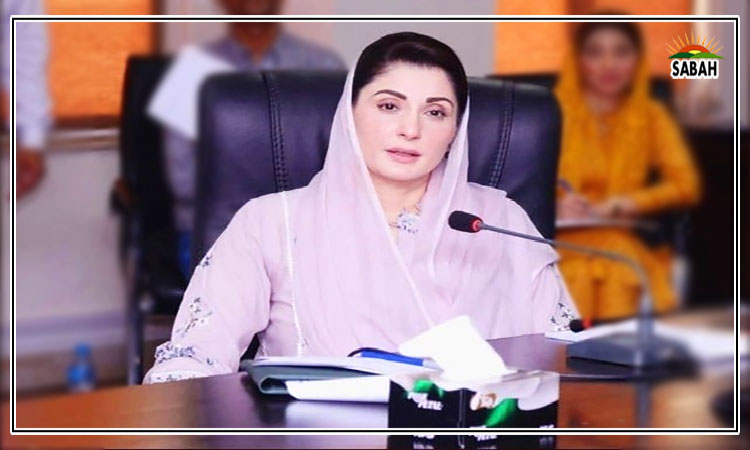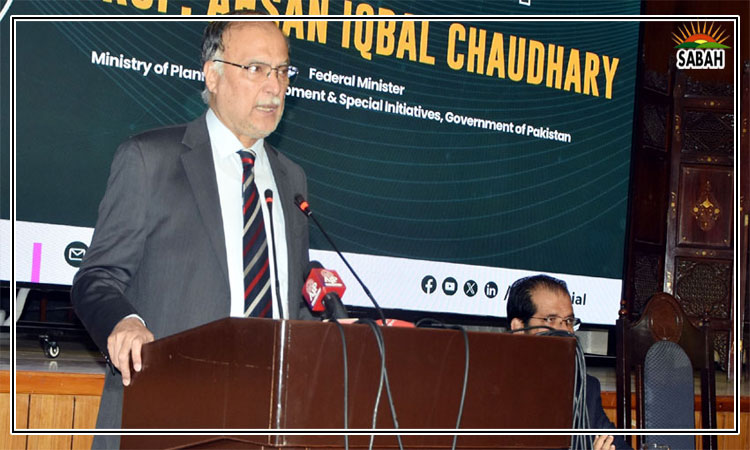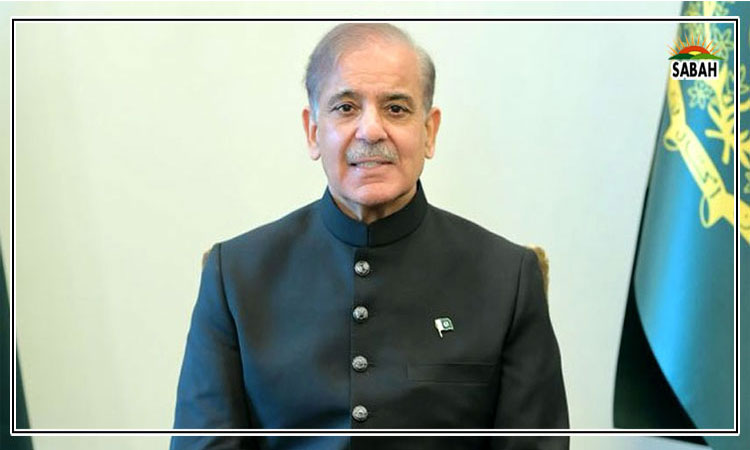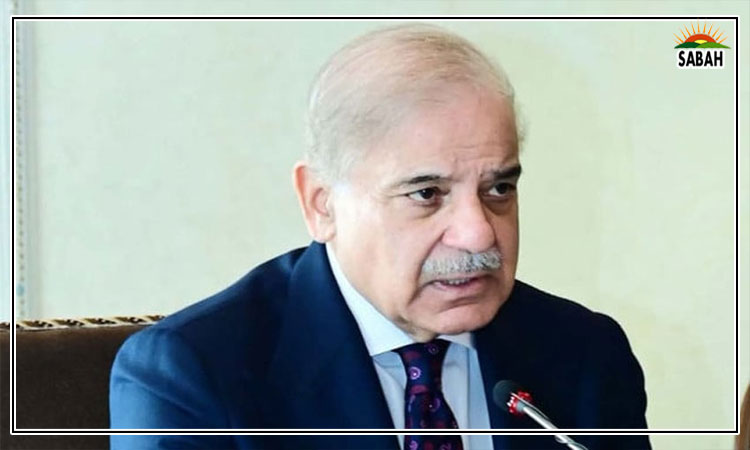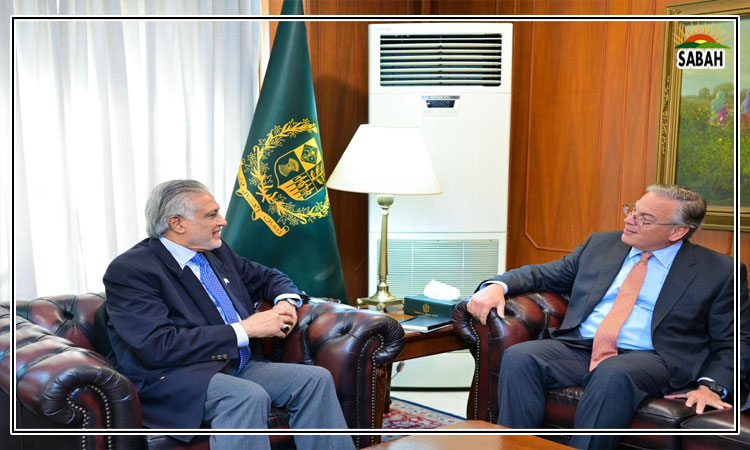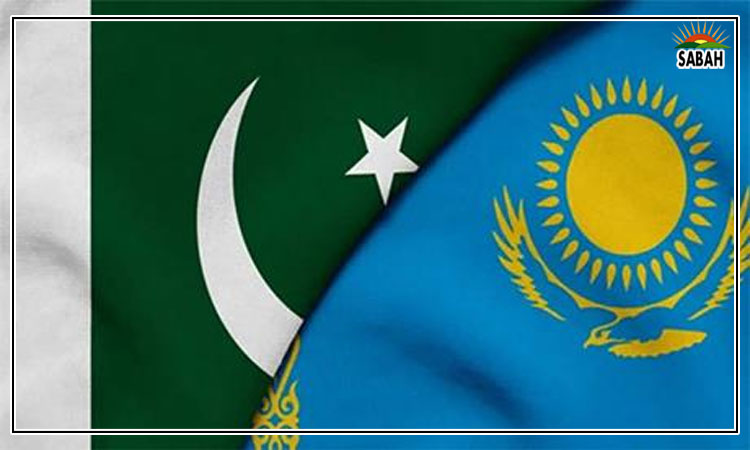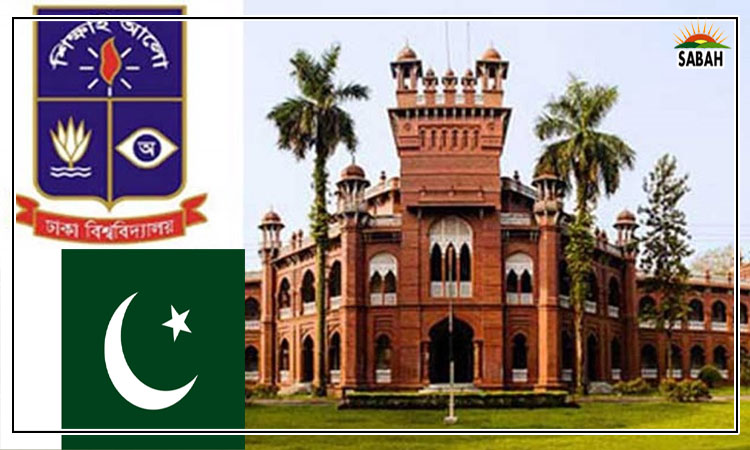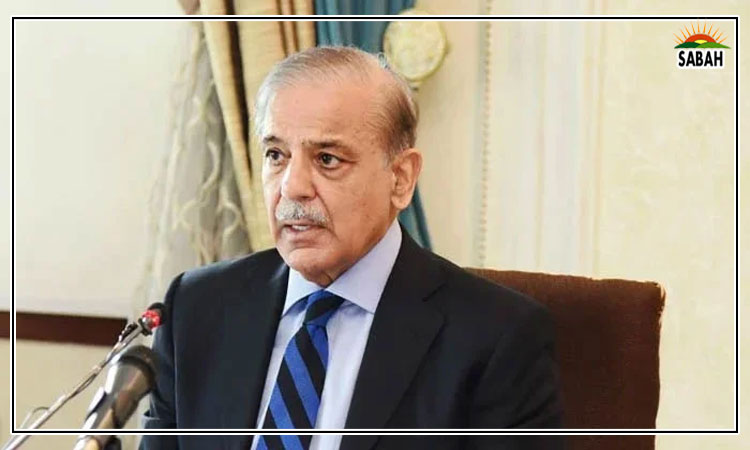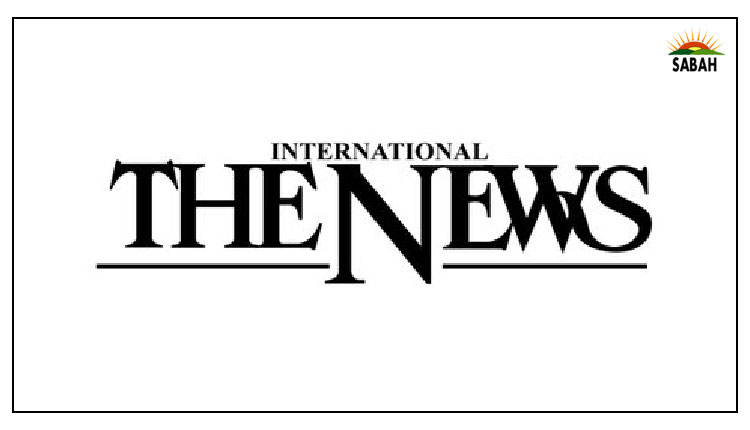From chaos to stability…Maheen Rasul
The past year was climactic in British politics, so much so that The Economist termed the state of affairs rather dramatically Britaly. British politics with its legacy of honouring tradition, continuity and gradual change went through extreme levels of political instability, something once contained to the Italian Chamber of Deputies.
As the political instability of last year with its four chancellors of the exchequer in four months, two Conservative Party leadership runs and three prime ministers in three months has subsided, Downing Street has birthed a refreshing tradition: a managerial form of leadership with its can-do and will-do attitude in a world marred by populist rhetoric and hollow promises.
Sunaks record of striking one deal after another and keeping the Tory party united with compromises and concessions at a time when the volatility of the Johnson and Truss era seemed too dangerous has given the Conservative party some hope for the upcoming 2024 general elections. With the arrival of Sunak in one of the worlds most powerful offices, the Labour Partys lead has shrunk to its narrowest margin, putting Tories on 30 per cent to Labours 44 per cent, according to a poll by Redfield and Wilton Strategies.
This makes one wonder, is the sensible style of politics based on policy achievements rather than culture wars and populist rhetoric back in the game at a time when the Conservative Party was seen shifting too much to the right to accommodate its diverse coalition of Brexit voters from the Leave camp?
It is too soon to tell as Sunaks immigration policy that seeks to stop people entering on small boats from claiming asylum seems to be an attempt to rally voters on the basis of the socio-cultural dimension of politics, at a time when the cost of the living crisis, supply-side shocks and an economy recovering from the fallout of the Covid-19 pandemic has raised the salience of the economic dimension of politics once again.
The said small boats bill aims to cut irregular migration across the English Channel and has been contentious. However, as much as various groups within society have condemned the bill, it is still important to emphasize on other significant policy achievements that the Sunak government has achieved in its short time in office.
When Sunak came into office in October 2022, he had inherited one of the most difficult sets of crises since the post-war years. The Ukraine war and sanctions on Russian energy meant that the country was facing an energy-cost crisis; the NHS was under pressure with unprecedented waiting lists, and inflation and borrowing costs were all rising.
Former prime minister Liz Truss had announced a tax-cutting policy to boost growth and increase the size of the pie at a time when Sunak had emphasized on the importance of fiscal responsibility and warned against the consequences of such a tax-cutting measure. Trusss mini-budget resulted in a run on the pound and a frightening series of mortgage-rate rises, one of the greatest market frights since the 2007-8 financial crisis.
Financial markets responded in fear over the gaping hole in the governments budget without any tangible plans to fund the tax cuts. The Truss fiasco that undid her premiership also heeded doom for the Conservative Party, which in October 2022, was behind Labour by over 30 percentage points according to the opinion polls.
After he became prime minister on October 25, 2022, Sunak promised the country integrity, professionalism and accountability, and pledged economic stability and restoration of the confidence in the government, something scarce since the wave of dramas of the Johnson and Truss era. His cabinet announcements and reshuffles were pragmatic, an attempt to unify the party. By offering a carrot here, a carrot there, he won the support of the partys extreme right by, for instance, offering the position of secretary of state to Suella Braverman. This is not to say that his appointments were not scandalous, as evident from criticism on his appointment of Gavin Williamson and Dominic Raab; the former even resigned. Since then, he has been busy running the government and representing Britain internationally, front, right and centre.
He has met US President Biden following the 2022 missile explosion in Poland, went over to Ukraine to meet Ukrainian President Volodymyr Zelensky and pledged 50 million GBP to Ukraine in aid. Most fundamentally, when US regulators closed Silicon Valley Bank (SVB) the biggest bank failure since the global financial crisis of 2007-8 Sunak and treasury officials abandoned everything and helped negotiate a deal with HSBC, which bought SVBs UK subsidiary for 1 GBP, thereby preventing potential runs and safeguarding deposits.
Another landmark achievement was his negotiations with the European Union on Northern Irelands trading arrangements (the Windsor Framework). During the first 100 days of Sunaks time in office, Britain was fraught with the biggest day of industrial action and inflation was at a 41-year high at 11.1 per cent. Still, he has managed to restore stability since.
His approach in most avenues has been pragmatic, and points to the notion that slow incremental improvements and well-thought-out policies are always better than hasty promises by ideologues and revolutionary upheaval going amiss.
Only time will tell if Sunak can rally the Conservative Party behind him and win the next general election. The latter seems unlikely considering the mistakes of his predecessors, the Conservatives long time in office and his continuous policies to win over the support of the socially conservative wing of the electorate and his party.
Yet, his transactional style of leadership, his belief in execution according to a plan, his cool and collected approach to crises, and his belief in his ability to control events has helped restore some sensibility in British politics, at a time when Europe has been an ideological battlefield, with far-right populist leaders creating more societal divisions.
Sunaks leadership has been a welcome change. The restored stability points to one thing: perhaps, the island nation is not Britaly after all.
Courtesy The News


